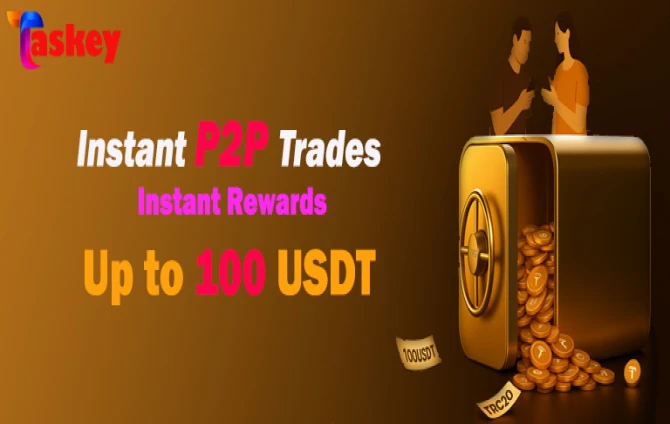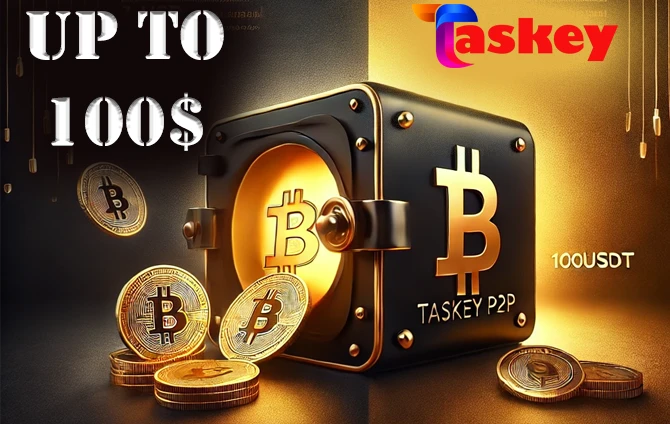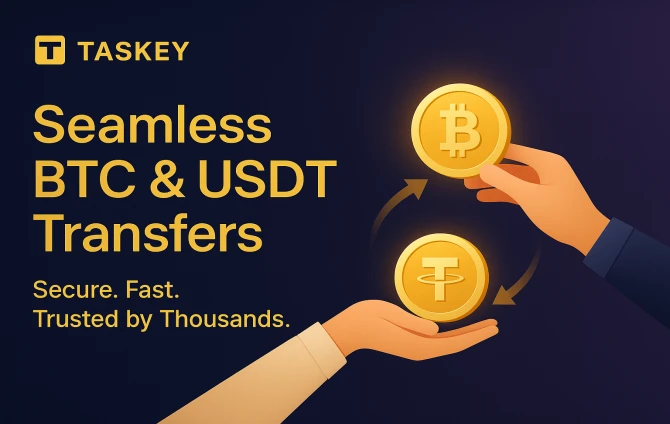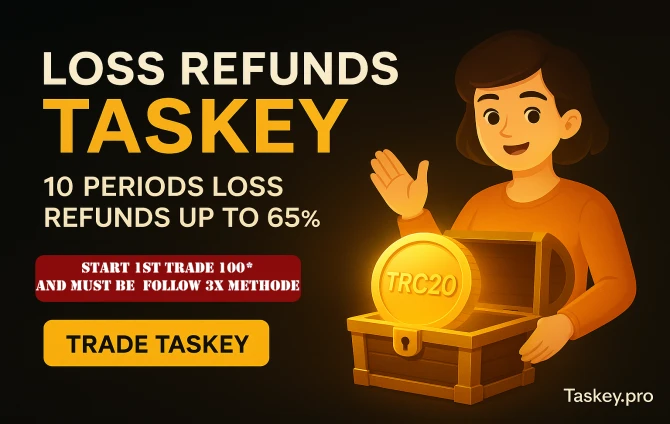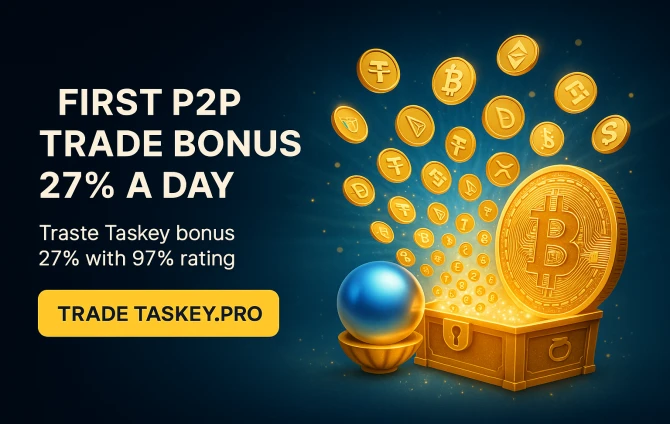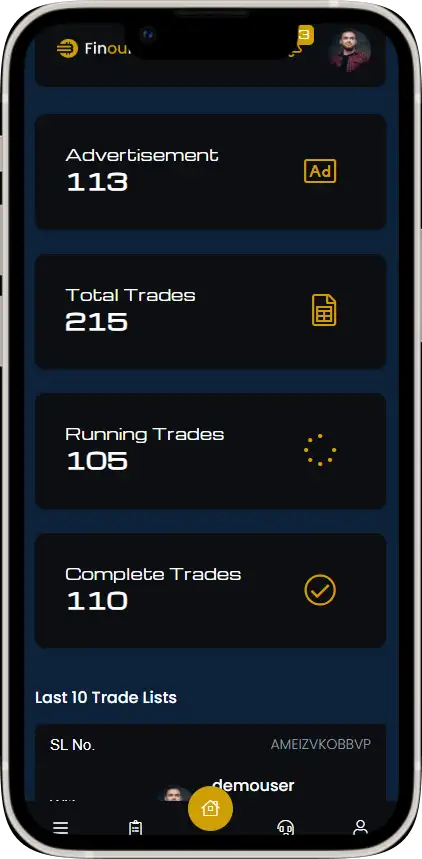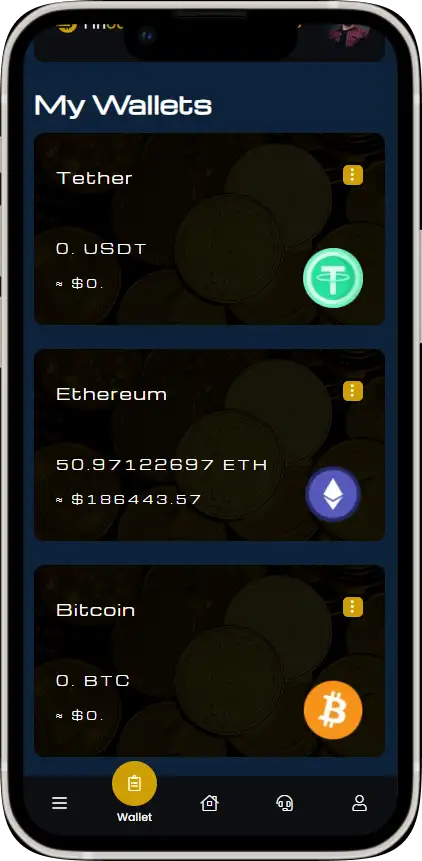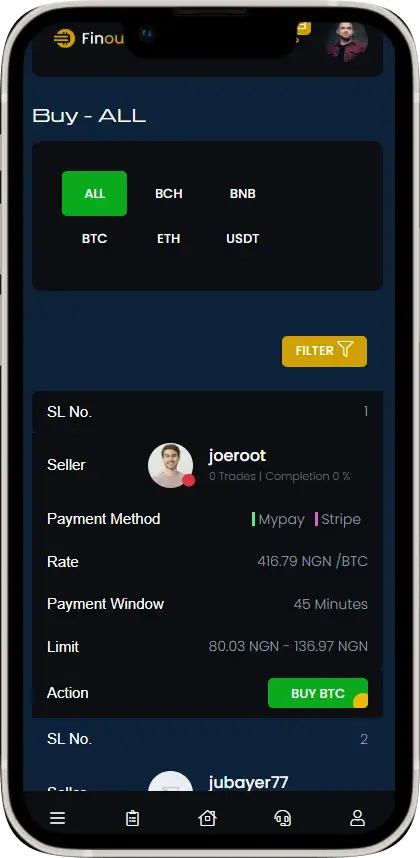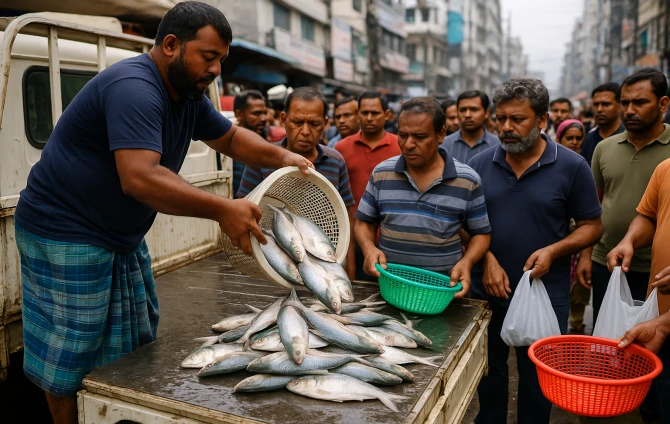
From River to City Streets: The Story of a Fish Seller Earning $500+ Daily with TASKEY P2P
Roots by the River
Ramesh grew up in a quaint village nestled beside a wide, flowing river known for its abundance of fish—especially the prized Hilsa. His family had fished these waters for generations, casting nets before dawn, returning home with baskets of fresh catches, and selling to local traders.
Though his father worked tirelessly, their income was barely enough. Middlemen bought the fish cheaply and sold it far away in the city markets, earning most of the profits. Ramesh often wondered why fishermen like his family did not benefit from their hard work fully.
The Hilsa fish, called “ilish” locally, was revered. Its unique taste and aroma made it the top choice in festive meals across the country. Yet the fishermen rarely tasted their own catch—selling it all to survive. Ramesh dreamed of a different future.
A Leap Toward the City
Determined to break the cycle of poverty, Ramesh took a bold step. He borrowed a small sum, bought a modest pickup truck, and set out for the city to sell fish directly. His goal: to cut out the middlemen and keep more earnings.
Arriving in the city was overwhelming. The roads were crowded, smells clashed—spices, exhaust fumes, street food sizzling on charcoal fires—and the competition was fierce. Other vendors shouted loudly to attract customers, many with long-standing relationships and loyal clients.
Ramesh parked near busy intersections, displaying his fresh Hilsa on ice-packed crates. The city’s fast pace was different from his village’s calm riverbank, but Ramesh was determined. His voice hoarse from hours of calling out, he made his pitch: “Fresh Hilsa! Best catch from the river! Buy now!”
The First Hurdles
Despite his efforts, business was slow at first. Some customers doubted the freshness; others preferred vendors they knew. Payments were all cash, which sometimes delayed his ability to restock. Safety was also a concern — carrying large amounts of cash in a busy city made him anxious.
At the end of many days, unsold fish spoiled, forcing Ramesh to reduce prices, cutting into his thin profit margins. Yet, each morning he returned to the river, fetching the freshest fish he could find.
Meeting TASKEY P2P
One afternoon, Ramesh met Dipak, a fellow vendor selling vegetables nearby. Dipak told him about TASKEY P2P, a mobile payment platform growing popular among small businesses. With TASKEY, customers could pay directly from their phones — no cash needed.
Ramesh was skeptical but curious. His nephew, who was studying in the city, helped him register on the TASKEY platform. With a little training, Ramesh learned how to scan QR codes and accept payments instantly.
The Digital Shift
The change was transformative. Word spread among customers that Ramesh accepted mobile payments, making transactions quicker and safer. No longer did buyers need to carry exact cash or worry about change.
Sales increased steadily. Customers who preferred digital payments started coming regularly. Ramesh could confirm payments on his phone and plan daily purchases accordingly.
Trust and Quality
Ramesh understood that technology alone wasn’t enough. To build trust, he kept his fish impeccably fresh, packed on ice and covered neatly. He maintained hygiene, wrapped fish carefully, and greeted customers with warmth.
Customers noticed. “Ramesh sells the freshest ilish,” they said. Many began ordering in advance through phone calls and paying upfront via TASKEY P2P. Ramesh delivered fish right to their homes, saving them time.
Expanding the Business
With the added cash flow and easier payments, Ramesh expanded his fleet, buying a second pickup to cover more areas. He partnered with small restaurants and street food stalls, providing fresh Hilsa regularly.
Restaurants loved the reliability and convenience of TASKEY payments. They placed bulk orders, paying quickly via the platform, which helped Ramesh manage his finances better and reorder stock with confidence.
Earning More Than $500 a Day
Over months, Ramesh’s profits soared. On a good day, he earned over $500, a dream he never imagined. His hard work, combined with technology, had lifted him from uncertainty to stability.
Ramesh reinvested earnings into his family, sending his younger siblings to school and upgrading the village fishing equipment. His success inspired other fishermen and vendors to adopt digital payments.
Overcoming Challenges
Digital adoption wasn’t smooth for everyone. Some customers were hesitant, unfamiliar with mobile payments or worried about scams. Ramesh patiently educated them, demonstrating how TASKEY P2P worked safely.
Technical glitches sometimes occurred — slow internet, app errors — but community support and perseverance helped him overcome these issues.
The Future Ahead
Now recognized as a pioneer in his community, Ramesh dreams bigger. He plans to expand to neighboring cities, export fresh Hilsa internationally, and help other fishermen digitize their businesses using TASKEY.
He envisions a network where fishers, vendors, and customers connect seamlessly, empowered by digital finance.
Epilogue: Lessons from Ramesh
Ramesh’s story is a powerful reminder that innovation combined with hard work can transform lives. The TASKEY P2P platform enabled him to bypass traditional barriers and build a profitable, sustainable business.
For small entrepreneurs worldwide, embracing technology can be the key to unlocking opportunity — just like Ramesh’s journey from riverbanks to city streets.
A Day in the Life of Ramesh
The sun was barely up when Ramesh’s alarm rang at 4:30 a.m. He rubbed his eyes, pulled on his faded shirt, and prepared for the day ahead. His pickup truck was parked by the riverbank, ready to be loaded with the freshest Hilsa from the local fishermen.
At the dock, fishermen were already busy sorting their catch. The air smelled of fresh water mixed with fish and morning dew. Ramesh greeted old friends with a warm smile, shaking hands as he inspected each basket carefully.
“Ramesh, the river has been kind today,” said an older fisherman, holding up a plump, shimmering Hilsa. “This one is perfect for the city folks.”
Ramesh nodded appreciatively. “Thank you, Bhaiya. Quality like this keeps my customers happy.”
Loading the fish into crates packed with ice, Ramesh made sure each one was carefully placed to avoid damage. He checked the quantity, confirmed payments with the fishermen through TASKEY P2P — sending instant digital transfers — and headed toward the city.
Navigating the City Chaos
By 6:30 a.m., Ramesh was on the road. The city was already waking up. Street vendors arranged their stalls, shopkeepers opened shutters, and the rush hour honked louder by the minute.
Ramesh expertly maneuvered his pickup through narrow alleys, stopping near busy markets and residential neighborhoods. Setting up his portable icebox outside the truck, he laid out the fresh Hilsa attractively, the silvery scales glistening in the morning sun.
He arranged small hand-written price tags in Nepali and English:
Fresh Hilsa – Rs. 1200/kg
Special Discount for TASKEY P2P Payments
A curious crowd gathered. “Do you accept digital payment?” asked a young woman holding her phone.
“Yes, ma’am. TASKEY P2P makes it easy and fast!” Ramesh replied, holding up a QR code printed on a laminated card.
Customers scanned the code, and payments popped up on Ramesh’s phone immediately. “No cash? No problem!” he chuckled. “Just scan and pay.”
Stories of Customers
Over the years, Ramesh built relationships with many customers — from office workers craving fresh Hilsa for their family dinners, to restaurant chefs who prized his quality fish.
One loyal customer, Mrs. Shrestha, a school teacher, always came early. “Ramesh, your Hilsa makes our Sunday special,” she said. “Since you started TASKEY P2P, it’s so much easier to buy from you. No need to worry about carrying cash.”
Another was Bikram, owner of a small restaurant. “My business depends on fresh fish deliveries. Paying through TASKEY means I can manage expenses better. Plus, it’s secure and fast. No more waiting for change or dealing with cash shortages.”
Digital Literacy and Community Impact
Ramesh became more than a vendor—he was a teacher. In his neighborhood, many vendors still struggled with digital payments. He organized informal classes, showing elders how to install and use TASKEY P2P apps.
He encouraged fishermen to accept payments digitally directly at the river, cutting middlemen even further. Slowly, the entire supply chain began to benefit from transparency and ease.
His story caught the attention of local media. A newspaper featured his journey, calling him “The Digital Fisherman of Kathmandu.”
Weathering the Storms
Not every day was smooth sailing. During the monsoon, flooding made river access difficult. Roads became muddy and slippery, and customers stayed indoors. Fish spoilage risked increasing, and sales dropped.
Ramesh adapted by expanding his product range, adding dried fish and packaged seafood items to sell on slower days. He also built cold storage partnerships with local suppliers.
Technical problems happened, too. Once, an internet outage meant no mobile payments for hours. But Ramesh kept a small cash reserve for such times and reassured customers with his honest, reliable service.
Giving Back to the Village
Ramesh never forgot his roots. Profits from his growing business funded improvements back home. He helped buy new nets for fishermen and solar lamps for the village.
He sponsored children’s education and advocated for fishermen’s rights at local government meetings.
Vision for the Future
Looking ahead, Ramesh envisioned a cooperative of fishermen and vendors all connected through TASKEY P2P. A digital marketplace where fresh fish orders would be placed, payments made instantly, and deliveries tracked in real time.
He dreamed of exporting Hilsa internationally, sharing Nepal’s culinary treasure with the world.
Conclusion
Ramesh’s journey, from a small river village to a bustling city streets entrepreneur, is a shining example of how traditional livelihoods can thrive through modern technology. TASKEY P2P was the key that unlocked new possibilities, empowering a humble fish seller to earn more than $500 daily and uplift his entire community.
